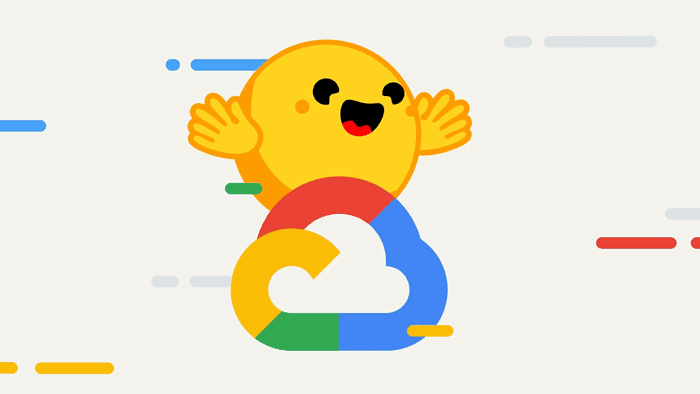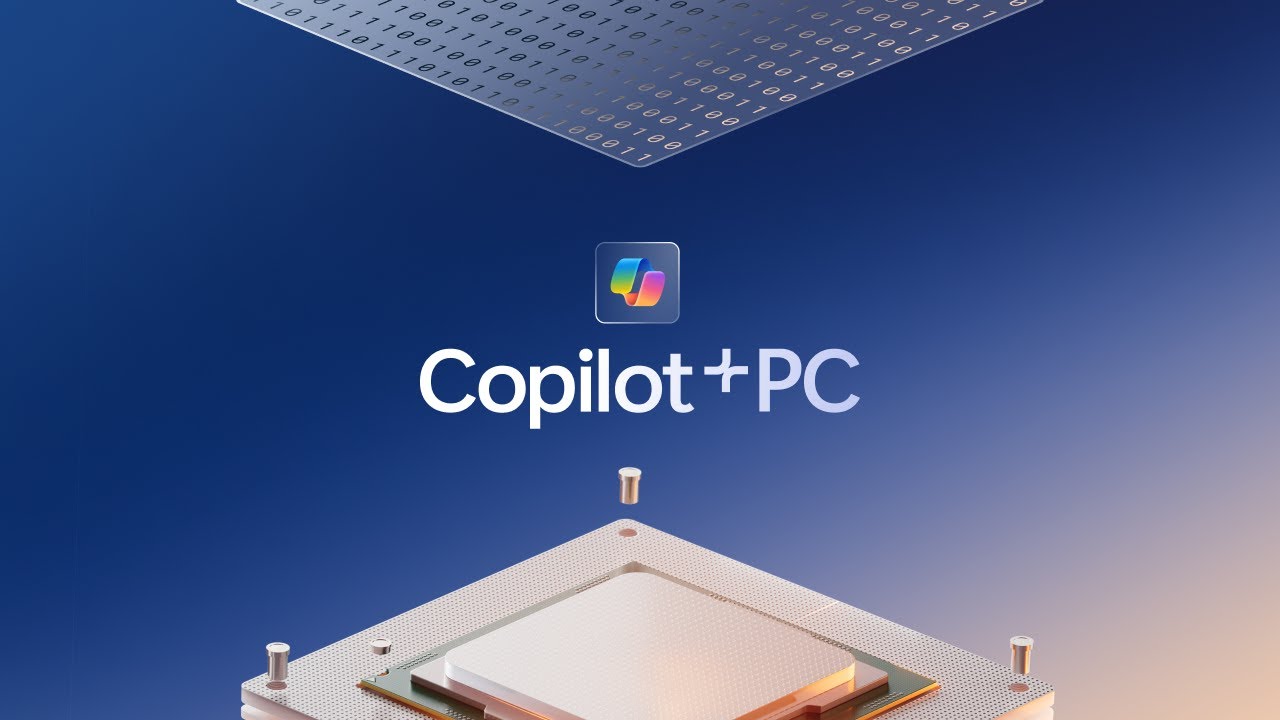Hugging Face and Google Cloud join forces to democratize AI
2 min. read
Published on
Read our disclosure page to find out how can you help MSPoweruser sustain the editorial team Read more

Hugging Face, a platform for open-source AI models and applications, and Google Cloud have announced a strategic partnership to promote open access and accessibility in machine learning. The collaboration aims to benefit several key stakeholders within the AI ecosystem.
What’s Hugging Face?
Hugging Face is a platform focusing on open-source artificial intelligence (AI) models and applications. You can think of it as a large library or playground for AI enthusiasts, where creators can share their work, and anyone can access it and build upon it. Hugging Face is all about open-source, meaning that most models and tools are freely available for anyone to use and modify.
The partnership will increase the availability of open-source tools and resources, including access to Google’s research on transformers and Hugging Face’s extensive library of models and datasets. This increased openness is intended to facilitate research collaboration and accelerate the development of new AI applications.
Google Cloud customers will gain new options for training and deploying Hugging Face models through Google Kubernetes Engine (GKE) and Vertex AI. Additionally, they will have access to Google’s high-performance hardware, such as TPUs, A3 VMs, and C3 VMs, potentially reducing training and inference times.
Hugging Face Hub users will benefit from new functionalities resulting from the collaboration. Potential examples include deployment options via Google Cloud Inference Endpoints and enhanced application acceleration with Hugging Face Spaces powered by TPUs. Additionally, managing Enterprise Hub subscriptions through Google Cloud accounts could streamline workflow for larger organizations.
The partnership’s key focus is enabling companies and individuals to build AI solutions using leading open-source technologies and readily available resources. While the potential benefits are promising, it is important to note that the full impact of the collaboration will likely unfold over time, with specific advancements and features being announced throughout 2024.
More here.









User forum
0 messages